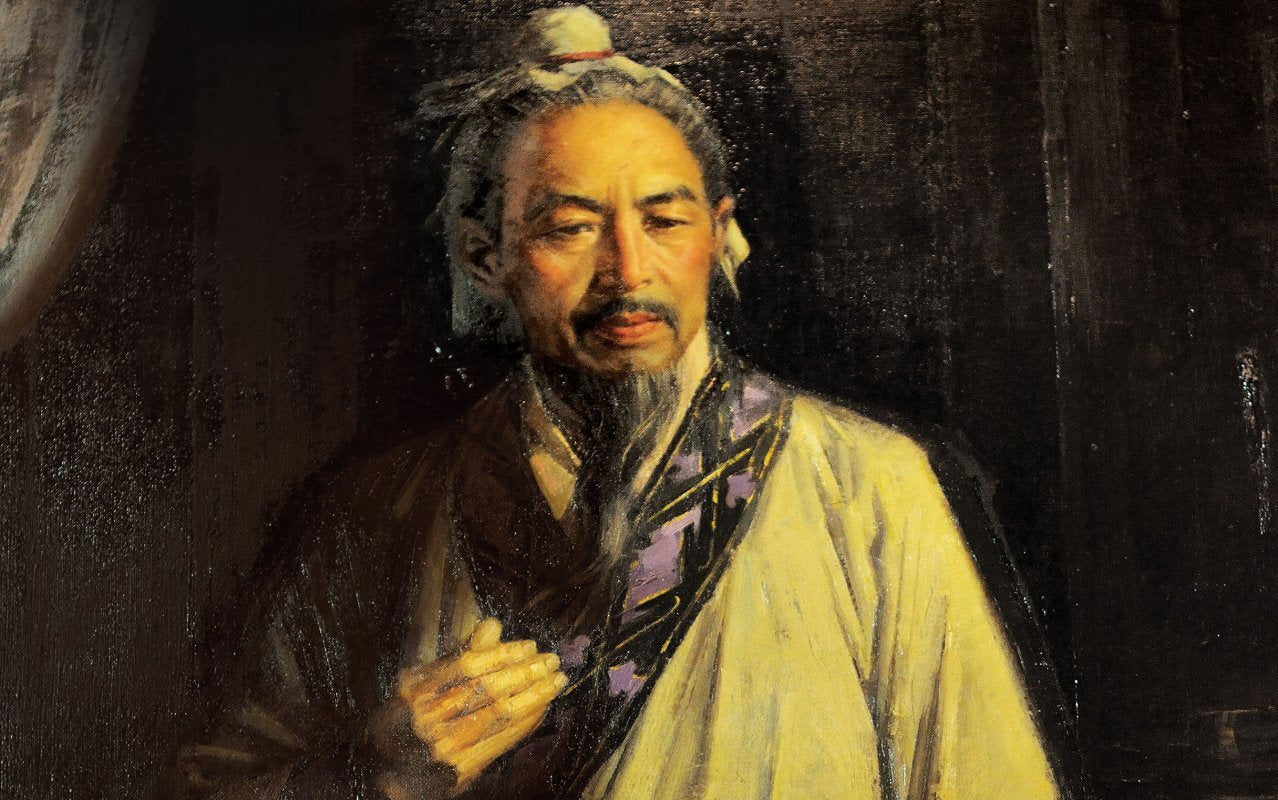
China Already Had Its War
“Hence to fight and conquer in all your battles is not supreme excellence; supreme excellence consists in breaking the enemy’s resistance without fighting,” (The Art of War, III:2, Sun Tzu).
The people of China have been outmaneuvering their enemies since long before the conception of the United States. As long ago as 1500-1100 B.C., the Shang Dynasty considered itself surrounded by “inferior” cultures that did not deserve to be graced by the superior culture of the Chinese. They developed a tradition far unlike that of what developed in the West millennia later. Rather than spread their culture and beliefs, the ancient Chinese took it upon themselves to establish tributary states that would bring them riches indefinitely. Starting centuries B.C., until the Chinese Communist Revolution, China’s various ethnic minorities, Mongolia, Korea, Vietnam, Thailand, Okinawa, and others, were subjugated as tributary states. They paid in the form of resources, eunuchs, virgins, and labor to whichever dynasty ruled China. The ultimate victory came in the form of economic or diplomatic persuasion that did not require fighting in a single physical battle. The Chinese have called the modern Western approach to foreign policy “commerce at bayonet point,” while critics and scholars have defined that same approach as colonialism or imperialism.
American trade with China was an estimated $635 billion in 2019. Exports from the United States were worth $163 billion; imports to the United States from China totaled $472 billion. The American trade deficit with China was $309 billion in 2019. According to the Department of Commerce, American exports to China provided an estimated 911,000 jobs to Chinese workers using the latest data from 2015. In 2019, China was the largest supplier of goods in the entire world to the American people. American investment in the Chinese stock market is worth over $116 billion, while Chinese investment in the U.S. stock market is worth around $38 billion.

Now, shifting gears, if you are a member of the U.S. military, or even simply an engaged foreign policy follower, you may be wondering whether the People’s Republic of China (the PRC) is considering taking back Taiwan. You may also be wondering whether a huge conflict is worth such a small island. To truly understand why China would want Taiwan, you must go back to the civil war in China that both preceded and proceeded the Second World War. The Chinese Civil War was fought between the Communists led by Mao Zedong, and the Nationalists led by Chang Kai-shek. The Maoist communists won the war and established the PRC, and Chiang Kai-shek and his supporters fled to the island of Taiwan in 1949. No peace treaty or agreement has ever been signed.
The United States and the majority of the world recognized the Taiwanese faction as the official government of China until 1979. To this day, the United States backs Taiwan militarily and profits heavily from supplying the Taiwanese military. However, the PRC still considers Taiwan to be a rebellious province that it still claims. After multiple Taiwan Strait Crises with American backing, a costly war in Korea against the United States alongside the North Koreans, and vast expenditures supporting a communist government in Vietnam in wars against both France and the United States, the idea of the PRC fighting to retake Taiwan would come with the idea of fighting against the United States once again. However, since 2010, China has held over $1 trillion in U.S. debt. On top of that and all of the previously mentioned economic “entanglements” that the U.S. and the PRC share, would it be worth it or even possible not to let China regain its old lost toy?
Many Americans are under the impression that the United States owes some sort of military allegiance to Taiwan. Thus, supporting Taiwan in the event of a PRC invasion would be unavoidable. First off, international law may be more of a guideline than an actual rule because laws only mean things when there is some level of enforceability. If you want to argue about this point, please read up on Russia in Georgia and Ukraine and the United States in Iraq and enforce international law. Regardless of international law and its validity or lack thereof, the governing U.S. law on the subject of Taiwan is the Taiwan Relations Act.
Signed in 1979, the Taiwan Relations Act was when the United States officially ceased to recognize Taiwan as the Republic of China and began recognizing the PRC as the legitimate government of China. The Act does not guarantee any defense of Taiwan in the event of a PRC attack. Instead, it provides that “the United States will make available to Taiwan such defense articles and defense services in such quantity as may be necessary to enable Taiwan to maintain a sufficient self-defense capability.” The American policy since has been called “strategic ambiguity.” One could perceive it as American interests taking priority without any major obligation to any other country but the United States.
Some may say that there have been some offensive insinuations made here regarding the American status in the world. Still, perspective, history, finances, and actual legal obligations are essential to consider when looking at the future of the United States and China. Jumping straight into a war that could end civilization as we know, it requires careful calculation, and when looking at China’s approach to war, one may claim that China might think they already had their fight and won it. In the words of the late great Earl “DMX” Simmons, “It's all about the money to some when it comes to foreign affairs. Fuck how many lives are lost.”
Written By Ian Wiggins
May 7, 2021
Sources:
Fairbank, John K., "Tributary Trade and China's Relations with the West", The Far Eastern Quarterly (1942). Vol. 1, No. 2, pp. 129–149.).
Sun-Tzu, and Samuel B. Griffith. The Art of War. Oxford: Clarendon Press, 1964.
Kissinger, Henry, On China. Penguin Books Limited, 2011.
https://ustr.gov/countries-regions/china-mongolia-taiwan/peoples-republic-china
Amadeo, Kimberly “US Debt to China, How Much, Reasons Why, and What If China Sells”, https://www.thebalance.com/u-s-debt-to-china-how-much-does-it-own-3306355.
Taiwan Relations Act (Public Law 96-8, 22 U.S.C. 3301 et seq.)









